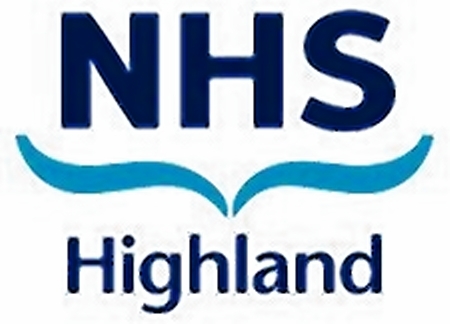The return of hundreds of pieces of hospital equipment – including wheelchairs and raised toilet seats – has helped the north’s troubled health board save more than £100,000, it has emerged.
A desperate plea from NHS Highland in August has yielded 395 items being handed in, according to figures released under Freedom of Information.
News of the huge public response comes as the board prepares to discuss their latest financial position.
With the budget gap standing at a predicted £8million, the board is now appealing for more equipment to be returned.
Last night, Highlands and Islands MSP Mary Scanlon said she was surprised the health board did not have a system in place to keep track of walking aids and other equipment that had been lent to members of the public.
She said: “I think it’s incredible that there isn’t a more managed programme of aids and adaptations.
“It is astounding that there were 282 wheelchairs out there that people weren’t using. They are expensive to buy, expensive to adapt for individuals and absolutely essential for so many people.
“There should be a proper register of where these aids are and it should be followed up to ensure that they are being used and, if they are no longer needed, they should be brought back immediately.
“This is the kind of waste we have had in the NHS over the past decades and it is only now that money is tight that NHS boards are managing their budgets more effectively and efficiently.”
She added that she was sure patients would willingly return unneeded equipment in order to help others.
Apparatus such as walking frames, wheelchairs, crutches and raised toilet seats are often given to patients when they leave hospital.
But some items are not returned when they are no longer needed – and that is costing NHS Highland money.
The items returned to drop-off points at Inverness and Invergordon during the amnesty included: 30 raised toilet seats; 36 walking frames; 17 three-wheeled walking frames; 2 four-wheeled walking frames and 28 pairs of crutches.
Wheelchair and Seating Services also received 282 wheelchairs.
Most of the equipment will now be refurbished and re-used, preventing the need to buy more new items.
Purchasing the same number of new wheelchairs would have cost £104,000. Depending on the model, some wheelchairs can cost up to £3,000.
The other items would have cost around £3,400 to buy as new.
A pair of crutches costs upwards of £20 and a walking frame from £30.
An NHS Highland spokeswoman said: “We do appreciate it when patients return equipment such as walking frames, wheelchairs and crutches that they no longer need.
“The majority of equipment can be refurbished by NHS Highland and given to other patients to use which does save us money.
“We would urge anyone who no longer needs such equipment to return it to us.”
The return of equipment is one area among many where the board hopes to save money before the end of the year.
It has been dogged by financial problems for several years and last year needed a £2.5million loan from the Scottish Government.
However, it recently emerged that NHS Highland had been underfunded by several million pounds a year through the use of a formula to calculate its funding.
Tomorrow, NHS Highland’s finance director Nick Kenton will tell the board that he is predicting a £8.2million overspend unless savings are made.
The board will also be asked to agree a new “financial recovery plan” aimed at balancing the books.
